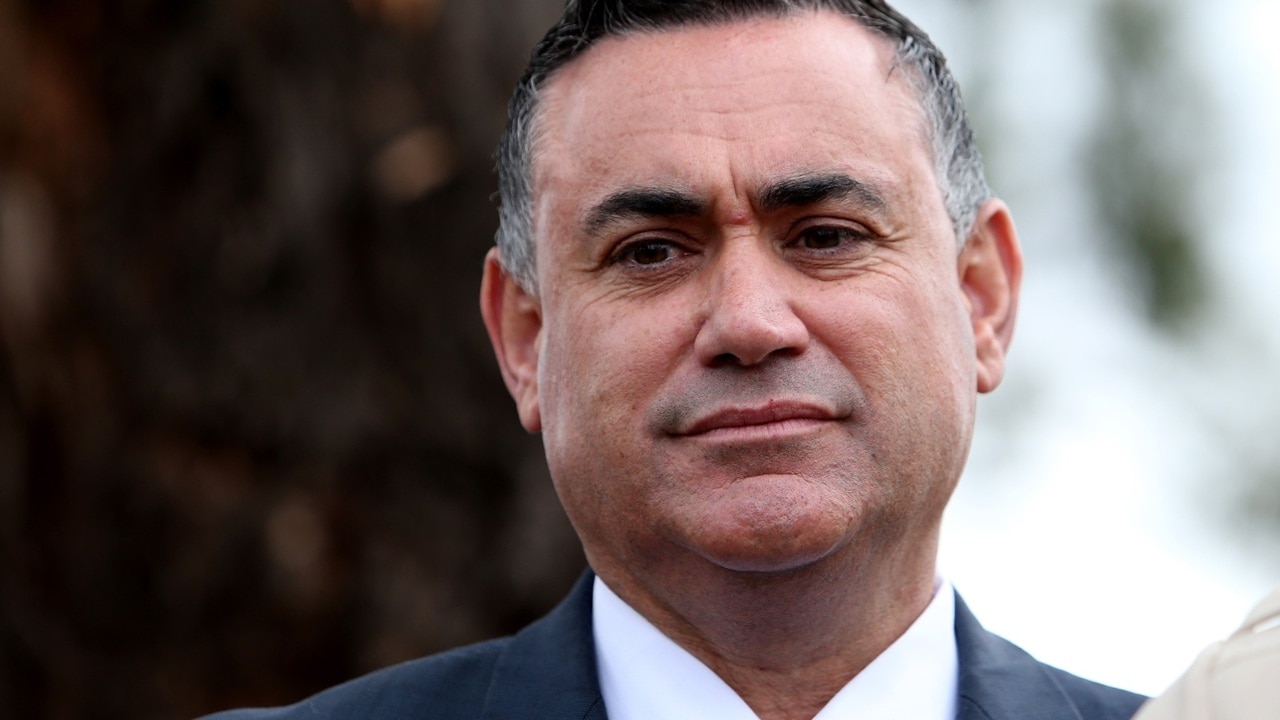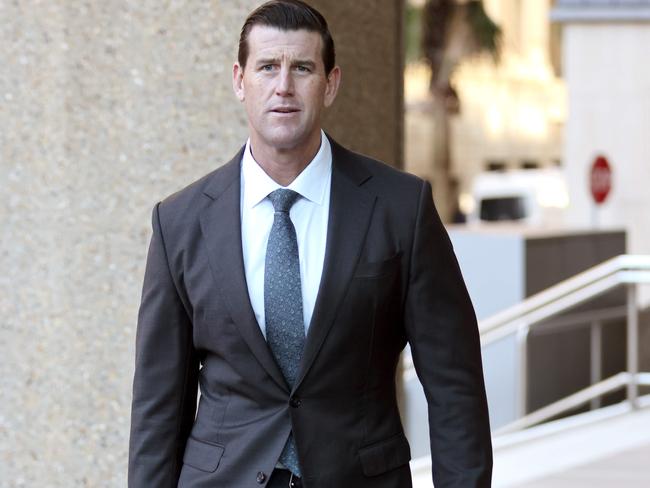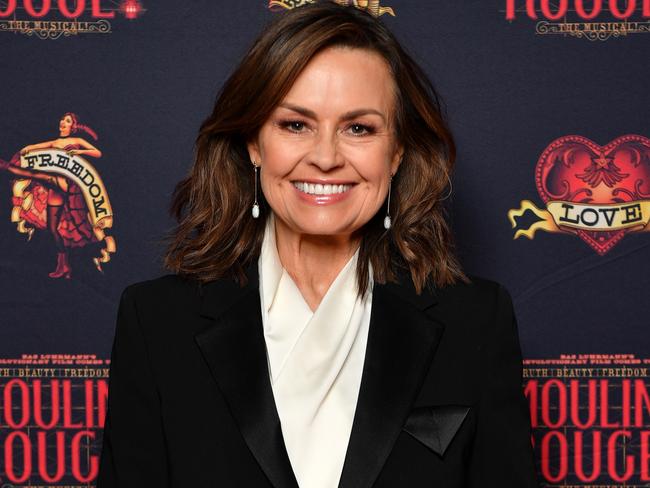‘Stifling’: Why media bosses want to change the law
Media bosses are calling for changes to laws some say are hurting free speech and clogging up Australia’s court system.

Media
Don't miss out on the headlines from Media. Followed categories will be added to My News.
Australian defamation laws are some of the most favourable to plaintiffs in the world and cost publishers millions in legal fees and outcomes.
Representatives from Fairfax, the ABC and News Corp have spoken out about the impact on their businesses and ability to carry out the vital service of reporting.
“As we spend more and more money on defending ourselves, that’s more cost that doesn’t go towards reporting facts, uncovering stories, and in particular the cost of investigative journalism,” Nine chief executive Mike Sneesby said.
News Corp Australasia’s executive chairman Michael Miller told Nine publications that the media needed to be able to do its job of informing the public without being censored.

Justin Quill, media lawyer and partner with law firm Thomson Geer, said while it was not yet clear exactly how reform would look, he agreed the dial could be shifted more towards free speech.
“The law of defamation is about striking a balance between free speech and protecting people’s reputations,” he said.
“I think in Australia the balance that we’re striking is just not quite right. It needs to tilt a little bit more in favour of free speech.”
He explained plaintiffs often had a much easier time of fighting a defamation case as they were able to frame the case and the points of argument however best suited them.
“The plaintiff picks the battleground and gets to draw up the rules of engagement,” Mr Quill said.
Defamation lawyer Matt Collins QC told 3AW that Australian courts were “clogged up” with defamation action.
According to Mr Collins, there were 10 times as many defamation cases being heard in Sydney per capita than there were in London.
“It’s good for (the legal) business but the question is if it’s good for our polity and is it stifling serious public interest journalism?” he said.

Recent cases in Australia have involved politicians, actors and other high-profile plaintiffs taking millions from publishers. Plaintiffs have also become emboldened to pursue material posted on social media too.
“We see time and time again rich or famous people using defamation laws to step on rumours, allegations or things they don’t like,” Mr Quill said.
“Defamation laws in Australia are really for the rich and famous – it’s not the domain of the common person.”
Mr Quill said in his experience it was impossible to discount the large potential payouts as the result of defamation proceedings from being part of the motivation behind them.
“In nearly every defamation case I do, I’m told by the lawyers on the other side ‘this is not about the money, this is about the principle’, or ‘this is about my client’s reputation’,” Mr Quill said.
“Invariably, it’s about the money.”
Originally published as ‘Stifling’: Why media bosses want to change the law

